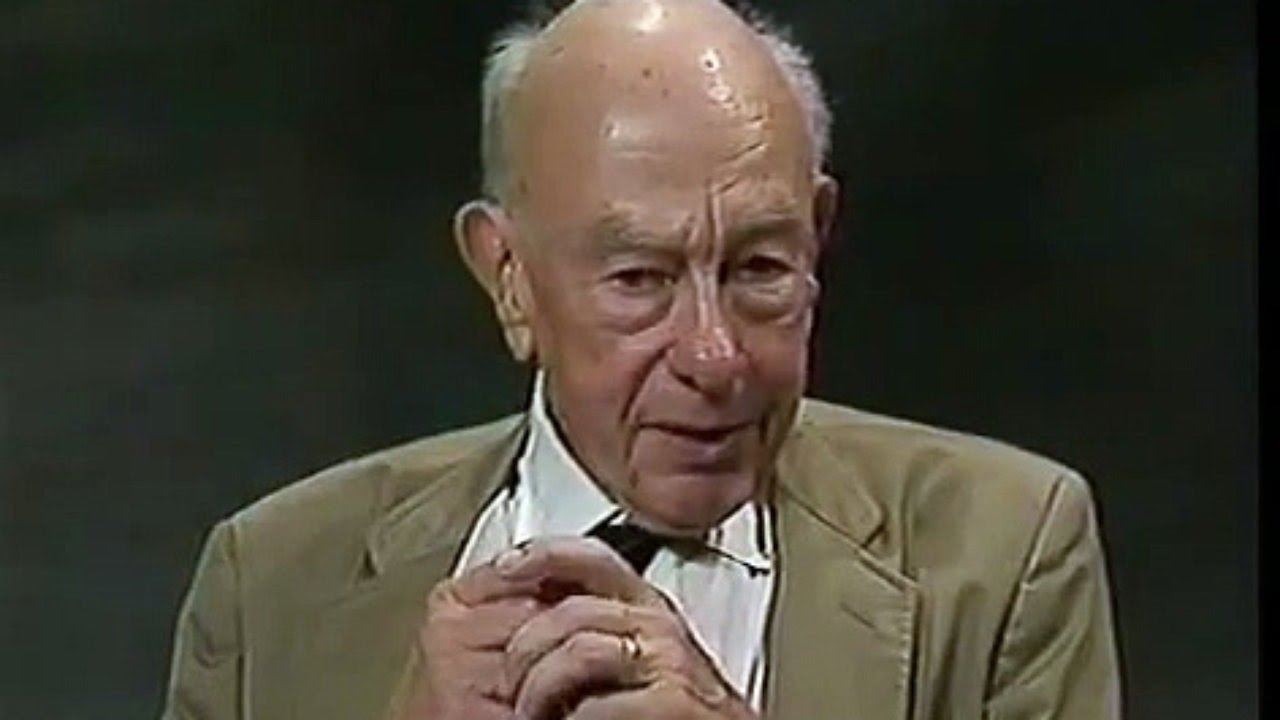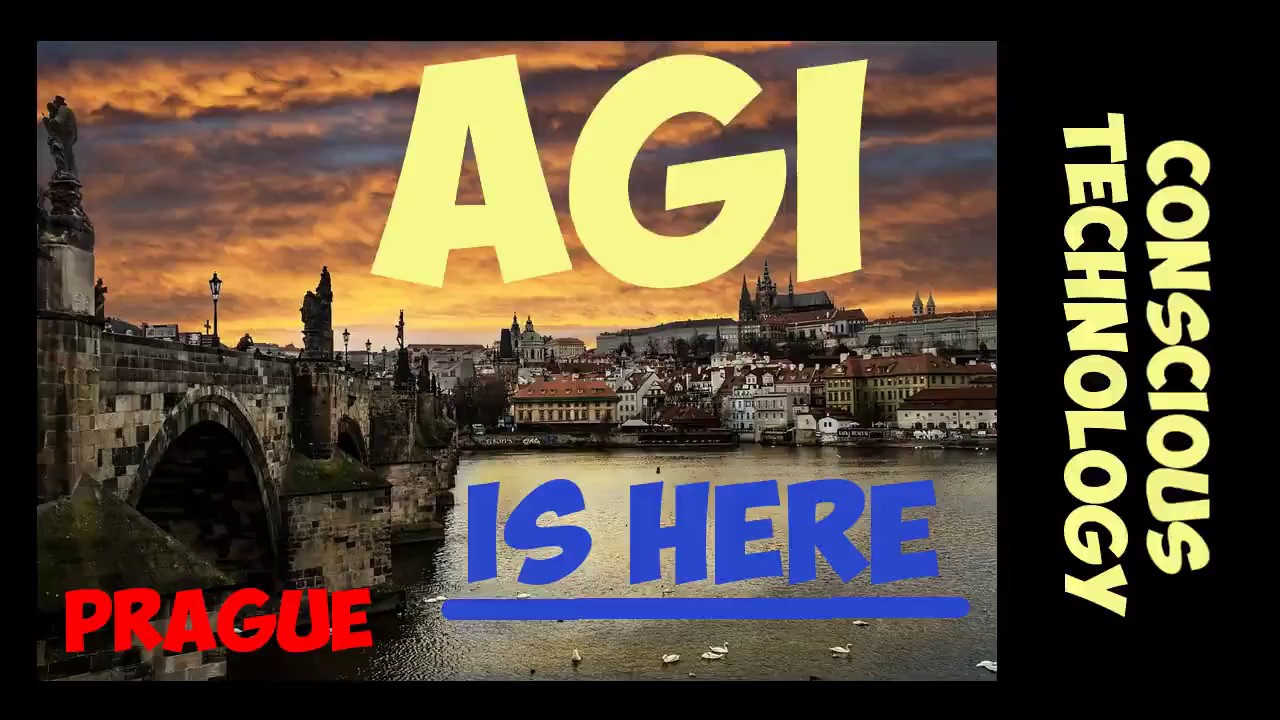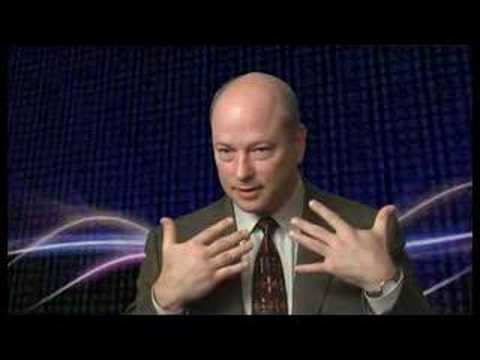mehranshargh
Participants: W.V. Quine, Daniel Dennett, Martin Davies. Paul Horwich, Rudolf Fara (chair)
The main objective in this program is to provide an overview of Professor Quine’s major philosophical doctrines, and to invite him to comment on how he views thee doctrines now. The areas considered include his early association with logical positivism, his notorious skepticism about meaning, his stance on epistemology and ontology, and his characterization of philosophy as part of, or continuous with science.
In this part the questions are centered around six themes: (A) Quine’s early philosophy, (B) scepticism and meaning, (C) epistemology, (D) ontology, (E) contextualization of Quine’s philosophy, and (F) philosophy today.
Willard Van Orman Quine, Professor Emeritus at Harvard University, has been described as the “greatest living English-speaking philosopher”. In this series, he takes part in an in-depth personal interview, and a penetrating analysis of his life’s work in six panel discussions with some of today’s leading philosophers. In discussions with some of today’s leading philosophers. In discussions on his most important theses, Quine defends his views against the major criticisms—past and recent—to bring his position right up-to-date.
Daniel Dennett is the guest panelist in this discussion which includes: Quine’s skepticism about meaning; denial of strict boundaries between philosophy and science; his naturalistic approach to epistemology and to moral values; his doctrine of the inscrutability of reference. Quine also comments on some of the current trends and preoccupations in philosophy.
———————–
Daniel C . Dennett is Distinguished Arts and Science Professor and Director of the Centre for Cognitive Studies at Tufts University. Although his areas of specialization are cognitive sciences, philosophy of mind and philosophy of psychology, he has published on most philosophy topics. Professor Dennett has also brought his work to a wider audience, most notably with The Mind’s Eye, co-authored with Douglas Hofstadter, and his bestselling Consciousness Explained.
———————
Philosophy International, Centre for the Philosophy of the Natural and Social Sciences, London School of Economics (1994)
Source




Paul has not changed in 40 years! Sounds and looks exactly the same as when I knew him.
Are there any definitive claims contrary to Quines on the meaninglessness on meaning and analyticity or is this as solid as it gets for philosophy right now? In the PhilPapers statistics philosophers were split on the belief that a priori truths exist. I wonder why and I wonder if that split would not exist if it was not for Quine.
Beautiful, thank you!
This was really great! Thanks! Quine was charming and seemed like a great guy.
…this is an excellent upload – many thanks for posting!
Awesome.
2 dogmas: 10:00
32:50 and this is Chomsky yaw i see it just pushing him self in to my philosophy
Starship or spaceship does not fit neatly into his logical breakdown of words objects and the meaningless or limits of meaning. Why this debate is like elementary dear Watson rather than build me an empire of starships to get me off this pointless inductive planet. The mathematics of spacetime can run differently when space ships have a why where and when extension. Interplanetary logic and pragmatic vs the neopragmatic and the noun contingency of the ISS
Maybe the problem is peacetime spacetime and necessity of economy's necessity. Quine nor Wittgenstein can add a symbol to languages of math or logic or ordinary language. I can't throw a spaceship symbol at him as an 😔